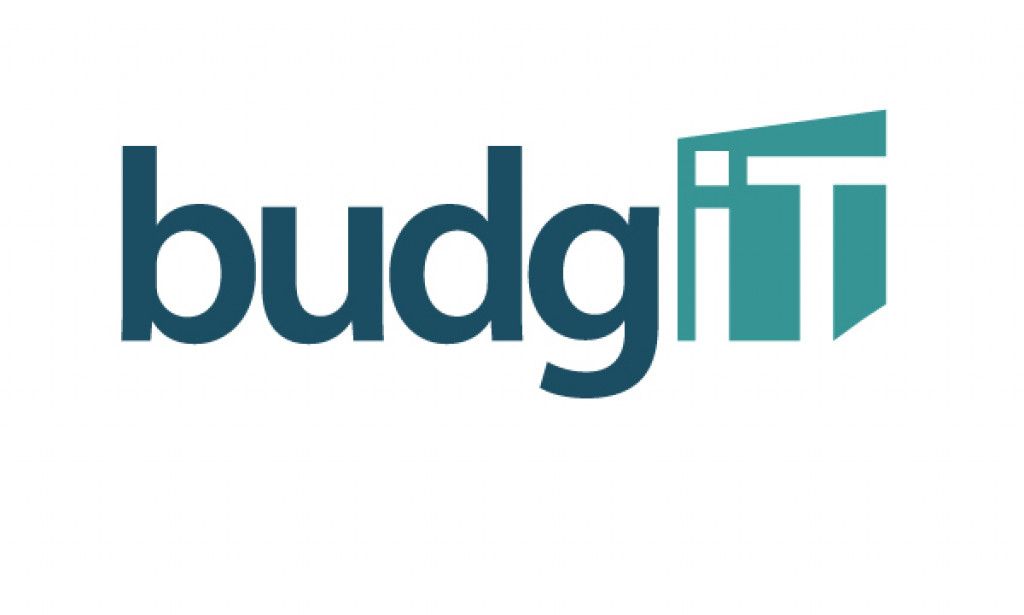BudgIT, Nigeria’s leading civic-tech organization advocating for fiscal transparency, has raised alarm over the Federal Government’s 2025 budget, claiming that the ₦54.9 trillion appropriation breaches legal expenditure limits by over ₦3 trillion—an infraction the group warns could jeopardize fiscal discipline and statutory compliance.
In a strongly worded statement, BudgIT described the budget formulation as “legally questionable,” citing persistent opacity in the revenue framework and undisclosed adjustments that contravene the Fiscal Responsibility Act (FRA) of 2007.
President Bola Ahmed Tinubu had initially presented a draft budget of ₦47.9 trillion to the National Assembly. This figure was later revised upward to ₦54.2 trillion through a presidential communication citing improved revenue forecasts.
However, the National Assembly further increased the budget to ₦54.9 trillion—without providing accompanying macroeconomic data or detailed public documentation.
“This level of discretionary adjustment, absent transparency and analytical justification, is not only troubling but legally problematic,” BudgIT stated.
“The Fiscal Responsibility Act clearly restricts total spending to the sum of projected revenues and a deficit not exceeding 3% of GDP.”
Citing the Budget Office’s 2025 GDP projection of ₦338 trillion, BudgIT said the legally permitted expenditure ceiling is ₦51.95 trillion.
The current appropriation overshoots that threshold by more than ₦3 trillion, in what the organization termed “a clear violation of Section 12 of the FRA.”
That section states: “Aggregate expenditure and the aggregate amount appropriated by the National Assembly for each financial year shall not be more than the estimated aggregate revenue plus a deficit not exceeding 3% of the estimated Gross Domestic Product or any sustainable percentage as may be determined by the National Assembly.”
BudgIT further criticized the government’s failure to release a comprehensive breakdown of projected revenues for the 2025 fiscal year.
Despite public references to potential revenue sources, no detailed figures have been provided to enable scrutiny by the public or fiscal analysts.
Adding to the concern, the most recent Budget Implementation Report from the Budget Office of the Federation only covers the second quarter of 2024, despite multiple formal requests for more recent data.
BudgIT warned that this lack of up-to-date reporting undermines transparency and accountability.
“The absence of timely, detailed financial disclosures hampers civil oversight and violates the principles of fiscal responsibility enshrined in law,” the group said.
As Nigeria faces growing debt obligations and fragile revenue streams, analysts caution that continued disregard for fiscal discipline and transparency may erode investor confidence and further weaken macroeconomic stability.
BudgIT has urged the National Assembly and fiscal authorities to strictly adhere to statutory provisions and restore credibility, legal compliance, and transparency to the national budget process.















